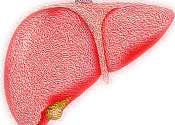Can changing the microbiome reverse lactose intolerance?
After childhood, about two-thirds of the world's human population loses the ability to digest milk. As far as we know, 100 percent of nonhuman mammals also lose this ability after weaning. The ongoing ability to digest lactose, ...
Apr 11, 2019
0
4







